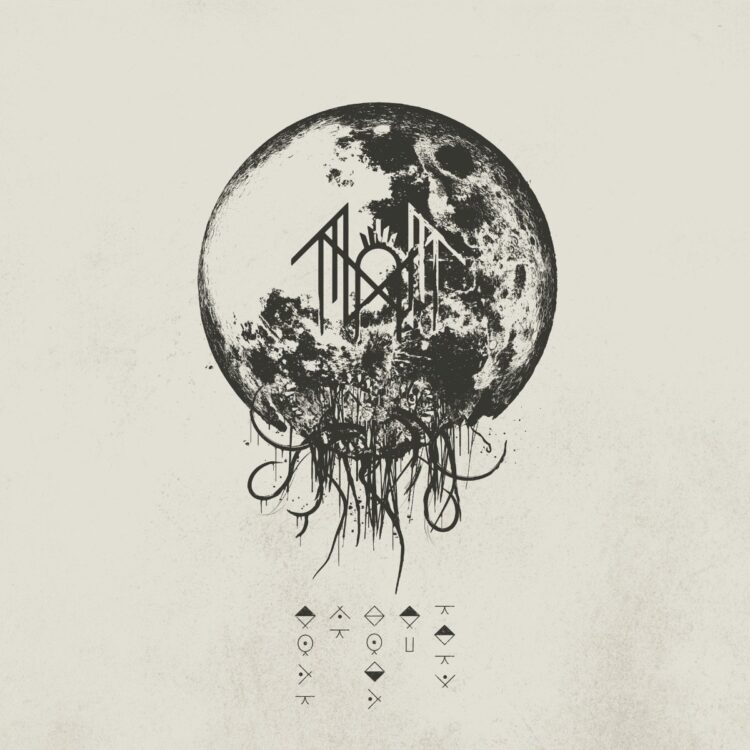England’s Sleep Token have had a somewhat meteoric rise since forming in 2016, with their cryptic costumes and identities—alongside their mix of different metallic and indie pop—catching the eye of hundreds of thousands. 2019’s Sundowning was a pensively lovely journey filled with mournful soundscapes, digital rockers, and infrequently belligerent detours. Though 2021’s This Place Will Become Your Tomb largely caught to that template, it additionally noticed the group doubling down on their business tendencies. Consequently, it had much less in widespread with, say, Periphery and Cult of Luna and extra with Imagine Dragons, Bastille, and X Ambassadors.
Granted, that’s not essentially a foul factor, as any style will be nice if the artist does one thing particular with it. That stated, Sleep Token’s sophomore outing felt comparatively safer and blander than its predecessor. Sadly, third LP Take Me Again to Eden (which concludes the thematic/conceptual trilogy) continues that pattern. It’s carried out and produced extraordinarily properly—and there are definitely plenty of rewarding moments—however general, it’s their most traditional and forgettable work to this point.
Opener “Chokehold” embodies one of many band’s best strengths: anthemically moody statements constructed upon artfully evolving preparations and strong singing. Particularly, vocalist Vessel feels like a grief-stricken preacher sermonizing the Rapture as dissonant keyboard tones underscore his each confession. Earlier than lengthy, programmed percussion, drums, piano notes, haunting backing chants, acoustic guitar arpeggios, and belligerent riffs erupt round him, yielding a gorgeously unstable panorama of textures and feelings. It’s definitely amongst their strongest items thus far.
One other spotlight comes from the synth-laden, quirky, and aggressive “The Summoning,” whose stability of heavenly and hellish attributes is arguably even stronger and extra attractive. Later, “Aqua Regia” is actually a really tasteful piano ballad adorned with transcendental digital coatings, angelic harmonies, and clear guitar chords. It’s a transparent standout when it comes to each high quality and uniqueness, as is the epic scope of the prolonged title monitor (which options a few of Sleep Token’s loveliest melodies and instrumentation). Nearer “Euclid” is the requisite temperamental but finally uplifting coda you’d count on from an album like this, with its closing choral passages and piano patterns radiating bittersweet closure.
Regardless of being simply as passionately executed and sleekly realized, a lot of what stays is just much less attention-grabbing and specific.
As an illustration, third single “Granite” and sixth single “DYWTYLM” are neither partaking melodically nor musically, with bizarre backings supporting lackluster lyricisms and boring singing from Vessel. “Vore” and “Rain” are barely nuanced and tonally dynamic by comparability, however they don’t actually do something markedly partaking or invigorating, both. Then, the auto-tuned vocals and hip-hop parts of “Ascensionism” and “The Apparition” make them pretty bizarre and run-of-the-mill. As for “Are You Actually Okay?”, properly, it gives little greater than a sappy mainstream pop-rock ballad.
Take Me Again to Eden shouldn’t be a foul album, because it’s extraordinarily properly produced, organized, and sung from begin to end. Nonetheless, it’s a disappointingly sterile and forgettable one, even when judged solely towards its two full-length precursors. Except for some overt standouts, there should not sufficient of the attribute subtitles and strategies that made Sleep Token’s previous works (particularly Sundowning) really feel like impactful and modern journeys. As an alternative, Take Me Again to Eden largely appears like a set of generic compositions that—regardless of having some Sleep Token sheen—might’ve been created by any variety of different artists.





